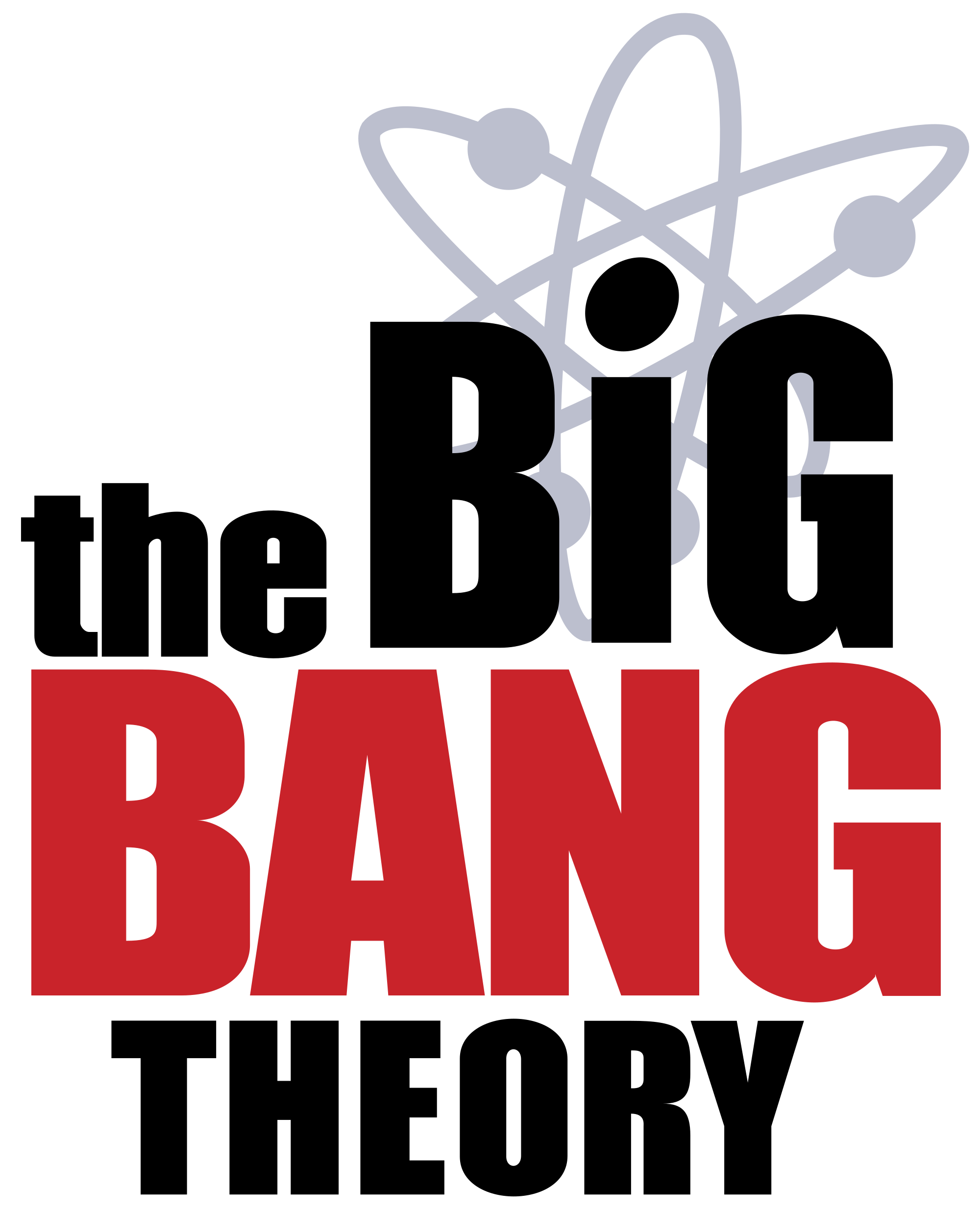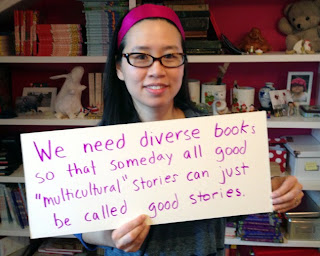If I were uprooted from where I’m sitting right now and put
into a book, my character would meet the standard definitions of ‘diverse’. I’m
an eighteen-year-old Indian, golden brown skin and all, with a curvy body, overprotective
parents and a large boisterous family, most of whose thought processes revolve
around food.
I’m normal. I’m me, and I’m like you. I just look a bit different, and live on the other side of the world.
And yet, while I was wearing shorts and sunglasses and
talking in proper English with my companions in a line at a theme park, an American
girl randomly turned to me and asked me if I was Indian, if I went to school on
an elephant or if there were cows in my backyard.
I’m not saying that a few orthodox families don’t cows in their
backyards, but, for her, it was my accent and the colour of my skin and the
shape of my body that led her to think that I, and the rest of the billion
people living in the most diverse nation in the world, also live in the Stone
Age.
Why did she think that when she’d clearly never been to the
place I live? I can only imagine she has watched shows like The Big Bang Theory or movies like Outsourced, and reads books of the same
nature, and formed her opinions about all of us on that basis: one billion
people classified under what two fictitious comedy shows portray us as.
It’s unfair and, more importantly, it’s inaccurate, and I’m
pretty sure every other person classified as ‘diverse’ feels the same way.
The We Need DiverseBooks Campaign, launched in 2014, has taken representation to a whole new
level through discussions and the variety of diverse characters we can see in
books today. This campaign has given people a platform to talk and to ask
questions. The campaign and the trend it caused continues to give people –
especially young adults looking for reassurance to existential questions like ‘Who Am I?’ and ‘Am I normal?’ – real answers. Take Robin Talley’s What We Left Behind; this novel holds great
personal importance for me because, as I was reading it, my best friend came
out to me and reading a book that so accurately reflected the situation gave me
the ability help him through a confusing time.
I must, however, as someone considered ‘diverse’ ask all writers ‘Are you accurately representing your ‘diverse’ characters?’ I also want to ask all readers, ‘Are the opinions you’re forming based on the representations you see on TV and in books accurate?’
The entire purpose of Diverse Books is for everyone to see themselves
– culturally, sexually and economically – on a page, so that they can connect
with a character they feel similar to, and so that people who might not be
quite the same can enhance their understanding of a broader range of people. If
this is not being done right, so that people can establish accurate views of
people like Indians, what is the point of these types of literature?
The purpose of Diverse Books is that when your best friend
comes out of the closet, you can honestly say that it’s great and that you’re
there for them, because nothing has changed. We read Diverse Books to help
us understand what others are going thought better, but if it’s not accurate,
we aren’t helping anybody, are we? The purpose of Diverse Books is to help everyone
really be okay with being themselves, supposed flaws and all. For this, we all need
positive, accurate representation in books and movies and on the television.
Diversity needs to be acknowledged and respected, because only after acknowledgement and respect come acceptance. And only once we all accept the different people out there in the world can we have unity.
However if writers are telling, and readers are accepting, inaccurate
messages about diverse people, they aren’t respecting or accepting anything. It
is not accurate, it’s just wrong.
Let’s make it right. Let’s accurately represent different
individuals in literature so that the next time an Indian girl goes to the
United States she won’t have to answer the questions I did.
Let’s be as accurately diverse as possible. Oh, and for the
record, Indians don’t go to school on elephants.
*Images from the We Need Diverse Books Campaign
Do you think Diverse People are being MORE accurately accepted?
What are some of your favourite Diverse Books?
Do you have anything else you'd like to add?
I can't WAIT to hear your thoughts!








No comments:
Post a Comment